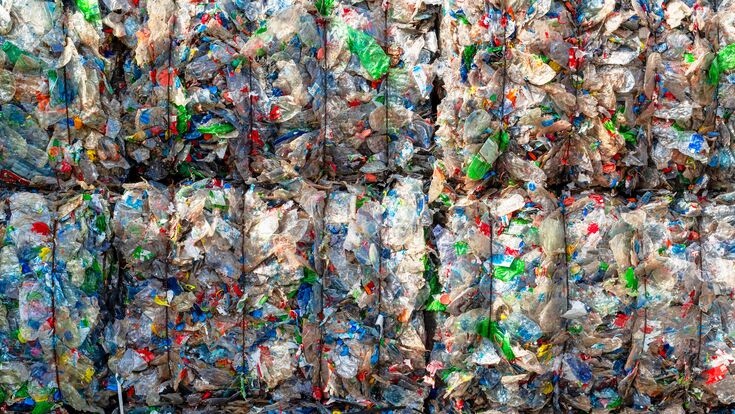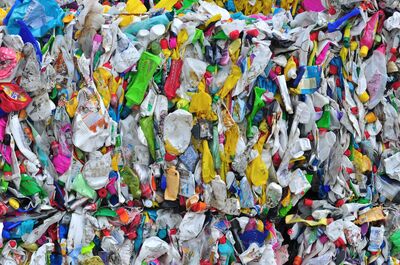Waste Trade : UK MP's call to ban plastic waste exports

In a report The price of plastic: ending the toll of plastic waste the Environment, Food and Rural Affairs Committee the committee said that to ban the export of plastic waste is essential for the UK to do its part in fighting global plastic pollution.
The UK exports around 60% of the over 2.5 million tonnes of plastic packaging waste it creates. Most of the waste is shipped to Turkey. The committee heard alarming accounts of British plastic waste being dumped and burned in Turkey.
In light of these accounts, and the pervasive problem of plastic pollution contaminating the environment, the committee made various recommendations. In a first step towards a more circular economy for plastics, the committee recommends restricting the amount of plastic that can be exported from the UK, then banning exports completely. The committee also wants the government to step up the enforcement of existing rules to prevent criminal gangs from illegally exporting and dumping UK-produced waste. The report said waste crime had become a “low risk, high reward endeavour”.
Limiting waste trade
The committee also made wider, longer-term recommendations aimed at reducing the UK’s consumption of plastics, increasing domestic recycling capacity by boosting investment in the sector, and creating a more ‘circular economy’ to reduce how much waste the UK produces. These are essential steps if the ban on exporting plastic waste is to be deliverable.
The Chair of the Environment, Food and Rural Affairs Committee, Sir Robert Goodwill MP, said: “For far too long the UK has been reliant on exporting its waste overseas and making it someone else’s problem. Plastic waste originating in our country is being illegally dumped and burned abroad. The UK must not be a part of this dirty trade and that’s why we are calling for a total ban on waste plastic exports.”
Among the steps recommended by the committee are:
- Calling for a ban on all exports of UK plastic waste by the end of 2027.
- Encouraging greater adherence to the ‘waste hierarchy’ which stipulates, first, reducing the volume of waste by eliminating unnecessary use or packaging, then encouraging re-use of it, before turning to recycling.
- Expediting the rollout of ‘Extended Producer Responsibility’, which will see producers of plastic packaging pay fees on the packaging products they put on the market.
- Confirming its support for the Plastic Packaging Tax which is applied to products that contain less than 30% of plastic from recycled sources.
- Using some of the income raised by the Extended Producer Responsibility and Plastic Packaging Tax schemes to invest in recycling infrastructure and to support research in technologies that can tackle hard to recycle plastics, such as plastic films.

Industry is critical
The waste management industry is skeptical if a complete ban on all plastic waste exports is the best solution. Tim Duret, Veolia Director of Sustainable Technology said:
"An all-out ban on plastic exports would sacrifice the legitimate recycling market for a globally traded commodity.
The UK is building vital domestic plastics reprocessing infrastructure, but we should retain partnerships with established recycling facilities in Europe to achieve a circular economy and stimulate industry innovation.
What should be banned is the export of mixed unprocessed plastics and the Environment Agency must be given more resources to tackle waste crime."
